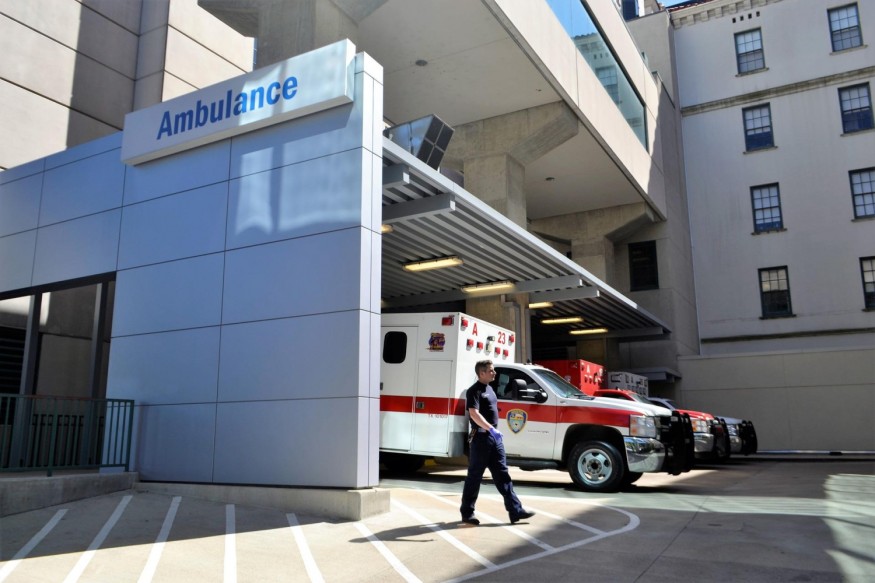A recent study revealed that women have a strikingly higher risk of developing it than men. According to the research women have a 50% higher likelihood than men of developing the abnormal heart rhythm disturbance when height is taken into consideration. The study was published in the journal JAMA Cardiology.

What is AFib?
Atrial fibrillation, also known as AF, is a type of arrhythmia, or abnormal heartbeat, according to Hopkins Medicine. AFib is the most common form of abnormal heart rhythm and, if addressed, can lead to heart failure or a stroke. AFib can be identified by its exceedingly rapid and irregular heartbeat of more than 400 beats per minute.
The heart muscle contracts steadily throughout a typical, healthy heartbeat. A contraction happens around once per second when you are at rest. This frequency increases with exercise. The atria drive blood into the ventricles. The blood is then driven into the lungs or the rest of the body as the ventricles constrict.
Improper electrical signals in a person with Afib cause the atria to contract sporadically and a lot faster than usual. Then, the synchronization between the ventricles and atria is disrupted. Blood accumulating in the atrium can lead to blood clots and strokes. Afib, which causes the lower chambers to beat too quickly, can lead to heart failure.
Research Findings
According to Dr. Christine Albert, senior study author and head of the Department of Cardiology at the Smidt Heart Institute, this is the first study to actually reveal an actual flip in the risk of atrial fibrillation.
Data from the VITAL national cardiac rhythm trial, which involved a quarter million individuals, is used to support Albert's findings.
The doctor claimed that even after taking into account variations in height, women were up to 50% more likely than males to experience AF in this group of 25,000 healthy individuals. Additionally, Albert has found that a person's risk rises for taller women. In contrast, a woman is more likely to develop AFib than a man if they are both the same height.
Blood thinners are frequently prescribed to AFib patients, although they also have the option of heart surgery. According to Science Daily, women are less likely to select invasive therapy for AFib, such as ablation. The Mayo Clinic describes ablation as a process that employs heat or cold energy to form minute scars that aid in restoring a regular heartbeat.
ALSO READ: Atrial Fibrillation: Check Out How Alcohol & Caffeine Affect A-Fib
Prediction and Prevention
The researchers predict that by 2030, more than 12.1 million Americans will contract the disease. Albert claims that an increase in the population is the root cause of this problem. The need for early diagnostic interventions and preventive measures is greater than ever as incidence is on the rise.
She suggests that maintaining a healthy weight, engaging in regular exercise, monitoring blood pressure, and limiting alcohol use are the greatest preventive measures for AFib.
All women should consider these lifestyle changes to prevent various heart-related diseases, according to Dr. Noel Bairey Merz, director of the Barbra Streisand Women's Heart Center at the Smidt Heart Institute. He said that these adjustments are critical for persons at risk of atrial fibrillation.
READ ARTICLE: Shocking Effects Of Stroke: Atrial Fibrillation Patients Undergoing Aspirin Treatment Have Higher Risk of Massive Bleeding
Check out more news and information on Medicine and Health in Science Times.












